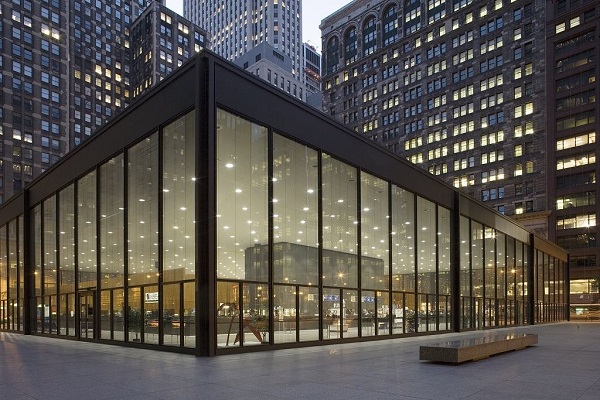
Post office at the Everett Dirksen Courthouse in Chicago
The Judges described it as having a secular, legislative aim
The Seventh Circuit Court of Appeals on March 15 overturned a verdict given by a lower court in 2017 stating that the First Amendment enshrined inside the United States Constitution is being violated by the Clergy Housing Allowance. Michael B. Brennan wrote the decision, the Judge presiding over the case along with Judge Daniel Manion and Judge William Bauer. The three judges said the tax benefit, which goes up to a staggering billion dollars, has an entirely secular legislative aim, with the main advantage not to either inhibit or benefit religion. The judges pointed out the Clergy Housing Allowance does not result in any excessive government interference.
Court Rules in Favor of Clergy Housing Allowance[/tweetthis]
The defendants were Charles Rettig, the present IRS commissioner, and Steve Mnuchin, the United States Secretary of the Treasury. Richard L. Bolton, the litigator, filed the case on behalf of the Freedom From Religion Foundation (FFRF). Adam Chodorow, a professor of tax law, was the counsel of record in a friend of the court brief on behalf of FFRF and was part of the oral arguments.
For 60 years only “ministers of the gospel” could enjoy this housing allowance tax break.[/tweetit] It excludes a home’s rental value from the American clergy person’s taxable income. Many tax firms have described it as a necessary tax benefit right which is being taken advantage of by ministers. An estimate by the Joint Committee on Taxation, a congressional body, estimated it to be around $700 million every year.
Michael Brennan, the circuit Judge who wrote the ruling, said that as per claims made by FFRF, Section 107(2) “renders unto God that which is Caesar’s,” a tax provision that drops into the dynamics that exist between the Establishment Clause and Free Exercise Clause. Annie Laurie Gaylor, one of the plaintiffs, and co-president of the FFRF said: “The housing allowance is so clearly a handout to churches and clergy, and it so clearly shows preferential treatment and discriminating in favor of ministers.”
The church is celebrating its victory. Chris Butler, the pastor of Chicago Embassy Church, said this ruling constitutes a victory for not only his church but also for the poor community in the South Side Chicago where he and his church serves. He said since the church is financially too weak to provide him a full salary, it gives in-lieu a small allowance for housing which enabled him to live near his church.
